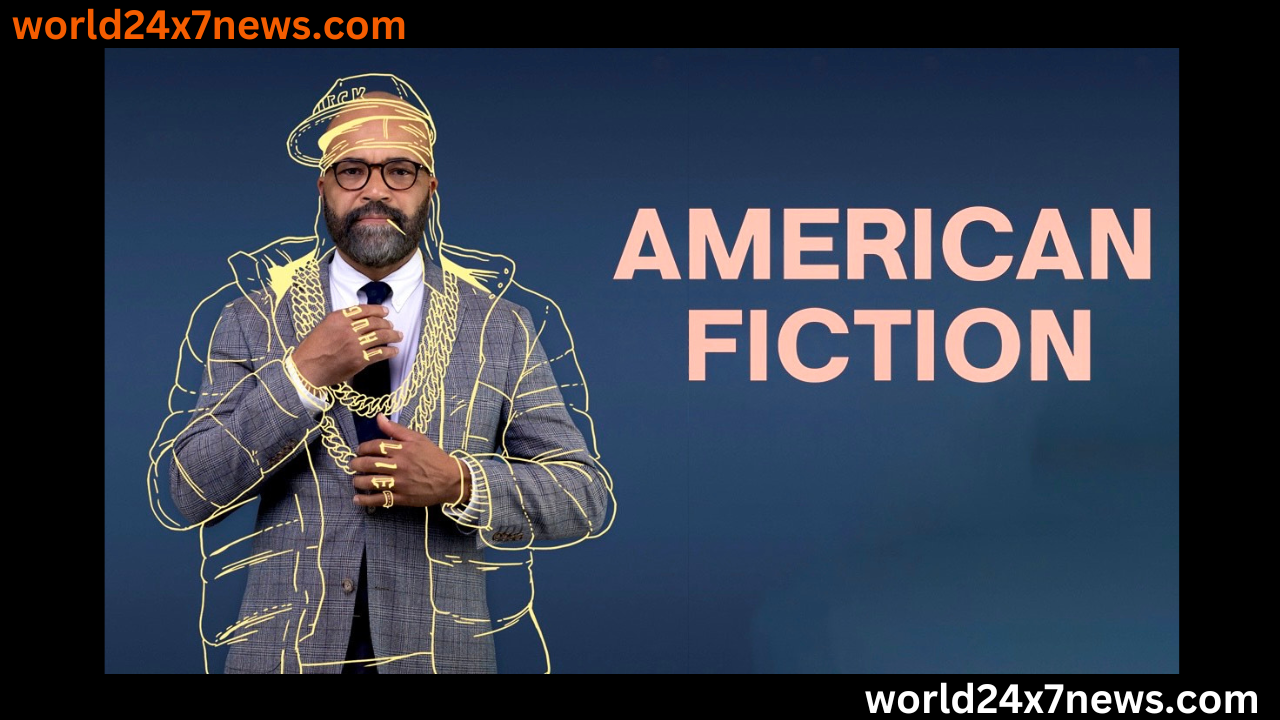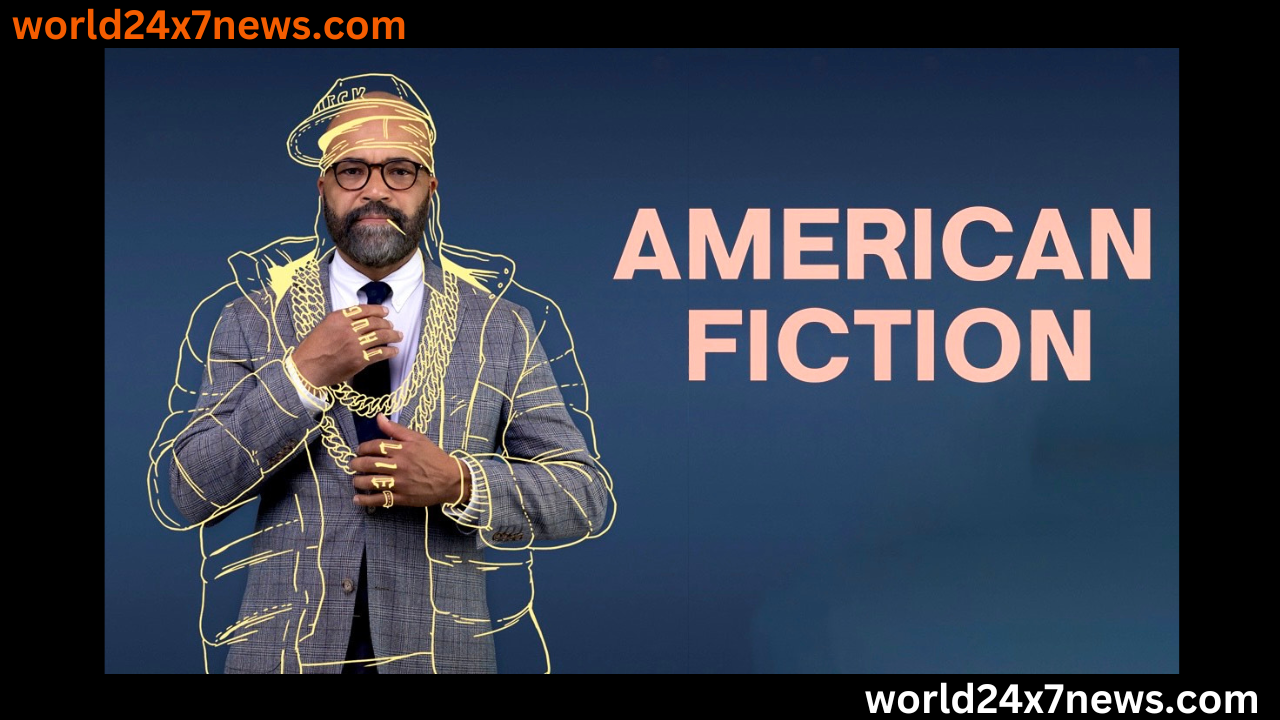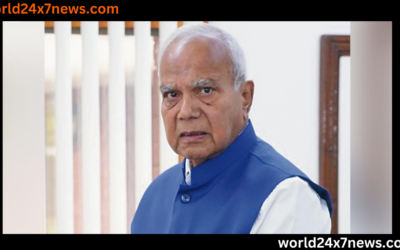American Fiction: A Tapestry of Narratives

American Fiction: A Tapestry of Narratives
American fiction is a rich tapestry woven with threads of creativity, diversity, and a deep connection to the cultural landscape. From the early days of colonial literature to the contemporary works shaping global conversations, American fiction has played a pivotal role in the world of literature.
Introduction
In the vast realm of literature, American fiction stands out as a dynamic force that has evolved through the centuries. Its roots dig deep into the history of the United States, reflecting the diverse experiences and voices that make up the American narrative. Let’s embark on a journey through the realms of American fiction, exploring its key themes, major periods, notable authors, and the impact it has on both the local and global stages.
Key Themes in American Fiction
Exploration of Identity
American fiction has consistently delved into the exploration of identity, often grappling with the complexities of what it means to be American. From the struggles of marginalized communities to the quest for individuality, this theme weaves through the fabric of American literary works.
Relationship with the American Landscape
The vast and varied American landscape serves as a backdrop and character in many fictional works. Whether it’s the rugged frontier of the Wild West or the bustling city streets, American fiction often captures the essence of the country’s diverse geography.
Social and Cultural Critique
American fiction has been a powerful tool for social and cultural critique. Authors use their narratives to shine a light on issues such as racism, inequality, and the impact of historical events on society. Through the lens of fiction, readers are prompted to reflect on the world around them.
Major Periods in American Fiction
Colonial and Early American Literature
The earliest American fiction emerged during the colonial period, with works often reflecting the religious and moral values of the time. As the nation took shape, literature began to explore themes of independence and identity.
Romanticism and Transcendentalism
The 19th century saw a shift towards romantic ideals and transcendentalist philosophy in American fiction. Authors like Nathaniel Hawthorne and Edgar Allan Poe brought a sense of mystery and exploration to the literary landscape.
Realism and Naturalism
The late 19th and early 20th centuries ushered in an era of realism and naturalism. Writers such as Mark Twain and Edith Wharton painted vivid pictures of everyday life, exploring the impact of societal forces on individuals.
Modernism and Postmodernism
The 20th century saw a departure from traditional narrative structures with the advent of modernism and later, postmodernism. Authors like F. Scott Fitzgerald and Toni Morrison challenged conventions, pushing the boundaries of storytelling.
Notable American Fiction Authors
Mark Twain
Mark Twain, with his iconic works like “The Adventures of Huckleberry Finn,” is often considered a pioneer of American literature. His writing style, humor, and social commentary continue to resonate with readers today.
F. Scott Fitzgerald
F. Scott Fitzgerald’s exploration of the American Dream in “The Great Gatsby” remains a cornerstone of American fiction. His critique of excess and materialism speaks to timeless themes.
Toni Morrison
Toni Morrison’s powerful narratives, including “Beloved,” confront issues of race and identity. Her contribution to the exploration of African American experiences is immeasurable.
Ernest Hemingway
Ernest Hemingway, known for his concise and impactful prose, captured the essence of the “Lost Generation” in works like “The Old Man and the Sea.” His influence on modern storytelling is profound.
Evolution of American Fiction Styles
Stream of Consciousness
Modernist authors experimented with stream of consciousness, a narrative style that delves into the inner thoughts and feelings of characters. This technique, employed by authors like William Faulkner, added a new layer of complexity to storytelling.
Magical Realism
In the latter half of the 20th century, American fiction saw the infusion of magical realism. Authors like Gabriel García Márquez and Isabel Allende blended fantastical elements with everyday life, creating enchanting narratives.
Experimental Fiction
Postmodernist writers embraced experimental fiction, playing with narrative structure and breaking traditional norms. The works of authors like Don DeLillo challenged readers to engage with storytelling in unconventional ways.
Impact of American Fiction on Global Literature
Influence on International Authors
American fiction has had a profound influence on authors around the world. The themes and styles pioneered by American writers have transcended borders, shaping the way stories are told on a global scale.
Translation and Global Readership
The translation of American fiction into various languages has broadened its reach. Readers from diverse cultural backgrounds engage with American narratives, fostering a cross-cultural exchange of ideas and perspectives.
Contemporary Trends in American Fiction
Diversity and Inclusivity
Contemporary American fiction reflects a commitment to diversity and inclusivity. Authors from various backgrounds bring forth unique voices, enriching the literary landscape with stories that resonate with a broad audience.
Use of Technology in Storytelling
As technology advances, American fiction adapts. From exploring the impact of the digital age on human relationships to incorporating virtual realities, contemporary authors navigate the intersection of technology and storytelling.
The Role of American Fiction in Shaping Culture
Reflecting Societal Changes
American fiction serves as a mirror to societal changes. Whether it’s the upheavals of the 1960s or the challenges of the present day, authors capture the zeitgeist, allowing readers to connect with the pulse of the times.
Addressing Important Issues
Authors use their platforms to address pressing issues. From environmental concerns to social justice, American fiction becomes a catalyst for discussions that extend beyond the pages of a book.
Challenges Faced by American Fiction Writers
Balancing Tradition and Innovation
Writers grapple with the challenge of honoring literary traditions while pushing the boundaries of innovation. Finding the delicate balance between the familiar and the new is a constant endeavor.
Navigating Cultural Sensitivities
In a diverse and interconnected world, authors must navigate cultural sensitivities. The responsibility to portray experiences authentically while avoiding stereotypes requires a nuanced approach.
The Future of American Fiction
Emerging Voices
The future of American fiction lies in the hands of emerging voices. As new perspectives emerge, the literary landscape continues to evolve, welcoming fresh narratives and innovative storytelling.
Changing Dynamics in Publishing
Advancements in technology and shifts in reader preferences are reshaping the publishing industry. Self-publishing, online platforms, and multimedia storytelling present new opportunities and challenges for aspiring authors.
Engaging the Reader: A Journey Through American Fiction
As we navigate the vast terrain of American fiction, it’s not merely an exploration of literary works but a journey of personal discovery. Each story invites readers to reflect on their own experiences, fostering a deeper connection to the narratives that shape our understanding of the world.
Analyzing Popular American Fiction Works
Breaking Down Key Elements
Examining popular American fiction works allows us to dissect the key elements that captivate readers. Themes of love, loss, resilience, and the human condition resonate across time and genres.
Understanding the Universal Appeal
What makes American fiction universally appealing? Perhaps it’s the ability to capture the essence of the human experience in all its complexity. These narratives transcend cultural boundaries, speaking to the shared emotions that connect us all.

Tips for Aspiring American Fiction Writers
Finding Your Unique Voice
In a sea of voices, finding your unique perspective is essential. Aspiring writers should embrace their individuality, bringing authenticity to their narratives.
Balancing Creativity and Market Trends
While creativity is paramount, understanding market trends is crucial. Striking a balance between artistic expression and reader expectations enhances the chances of reaching a broader audience.
Exploring American Fiction Beyond Novels
Short Stories, Poetry, and Essays
American fiction extends beyond the novel format. Short stories, poetry, and essays offer alternative avenues for expression, allowing writers to experiment with different forms of storytelling.
Influence on Other Forms of Media
The impact of American fiction goes beyond literature, influencing other forms of media. From film adaptations to television series, these narratives shape visual storytelling in profound ways.
Conclusion
In the grand tapestry of literature, American fiction stands as a vibrant thread, weaving together stories that reflect the heart and soul of a nation. From the classics that have endured through time to the contemporary voices shaping the future, American fiction continues to be a source of inspiration and contemplation.
Get ready to embark on your own literary journey through American fiction, exploring the diverse narratives that have left an indelible mark on the world of literature.
Frequently Asked Questions
- What defines American fiction? American fiction is characterized by its diverse themes, exploration of identity, and a deep connection to the American landscape. It encompasses a wide range of genres and styles, reflecting the multifaceted nature of the nation’s literary tradition.
- Who are some notable American fiction authors? Notable American fiction authors include Mark Twain, F. Scott Fitzgerald, Toni Morrison, and Ernest Hemingway, each contributing unique perspectives and storytelling styles to the literary canon.
- How has American fiction evolved over the years? American fiction has evolved through various periods, from colonial and romantic literature to realism, modernism, and postmodernism. The styles have adapted to societal changes, embracing diversity, technology, and new voices.
- What challenges do American fiction writers face today?
- Contemporary American fiction writers face challenges in balancing tradition and innovation, navigating cultural sensitivities, and adapting to changing dynamics in the publishing industry.
- How can aspiring writers succeed in American fiction?
- Aspiring writers can succeed in American fiction by finding their unique voice, balancing creativity with market trends, and exploring diverse forms of storytelling beyond novels.















